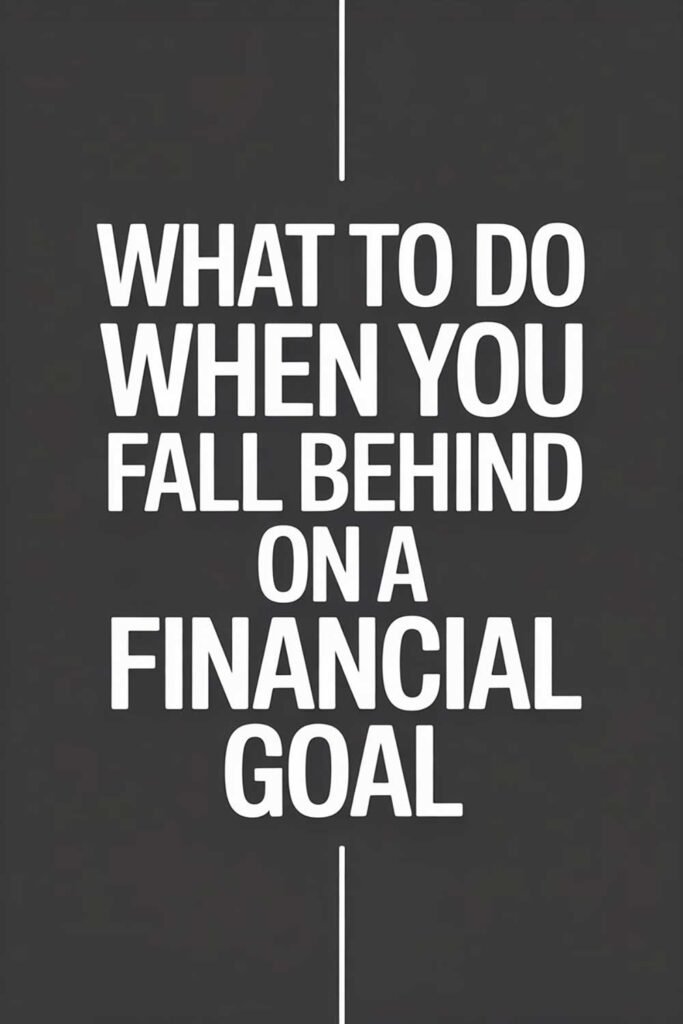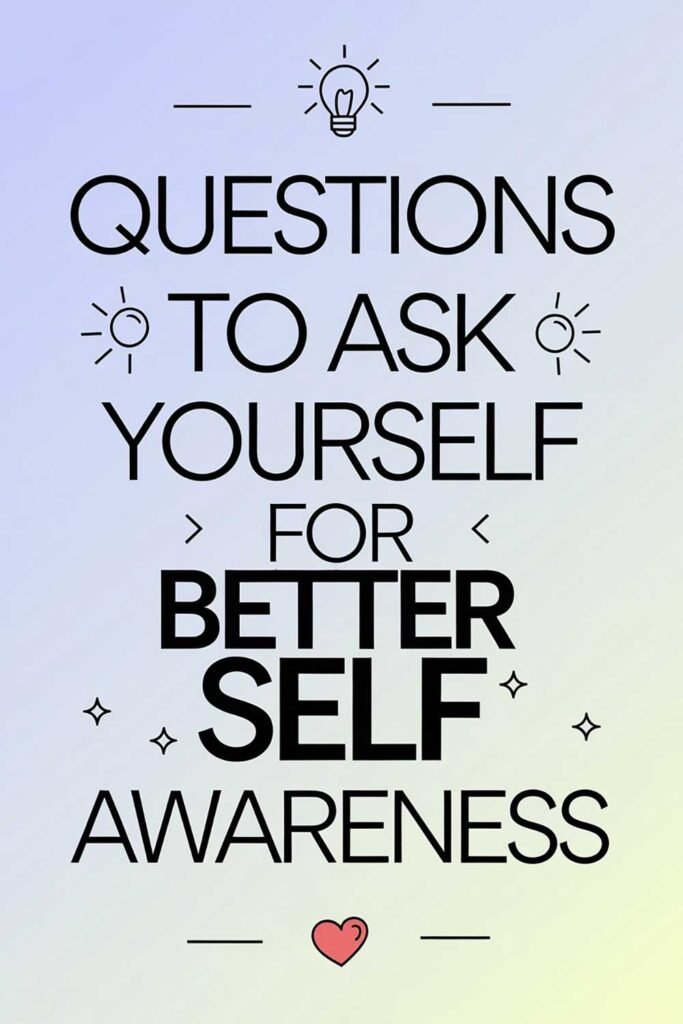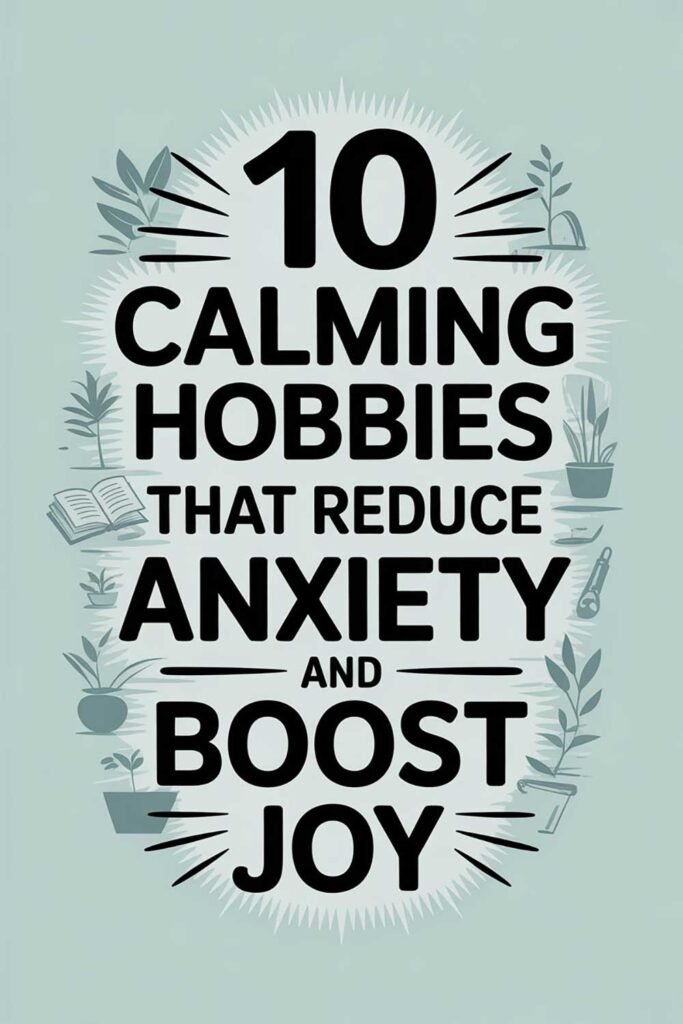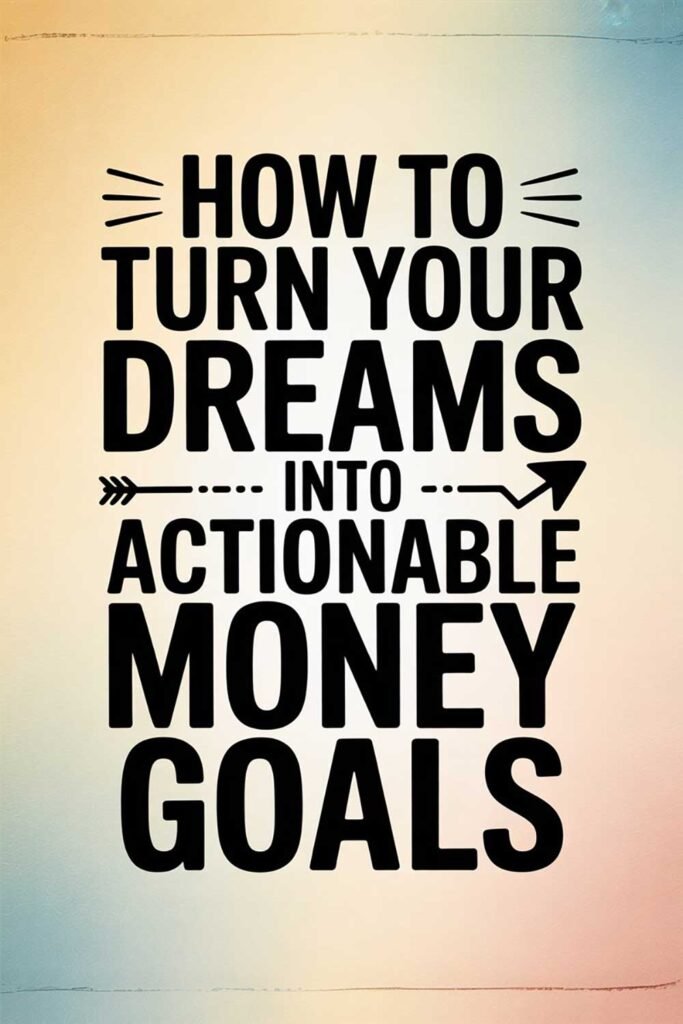How to Live Well on Less: Minimalist Money Tips
Living well doesn’t require luxury cars, designer bags, or giant homes. In fact, many people are discovering that true happiness and peace come from living simply and spending with intention. Enter the world of minimalist money management — a lifestyle that helps you live better by needing, owning, and spending less.
Minimalism isn’t about deprivation. It’s about clarity. It’s about removing financial clutter and replacing it with purpose. And the best part? Living well on less can bring more freedom, less stress, and a stronger financial future.
Let’s explore practical, inspiring, and realistic minimalist money tips to help you live a rich life with less.
1. Know Your Enough
Minimalist living starts with identifying your version of “enough.”
- How much space do you really need?
- How many clothes, gadgets, or kitchen tools actually add value?
By defining your enough, you stop chasing more and start appreciating what you already have.
Real-life example:
Mila, a young professional, downsized from a two-bedroom apartment to a cozy studio. Not only did her rent drop by $700/month, but she reported feeling lighter, freer, and happier.
2. Track Every Dollar
Awareness is the foundation of minimalist money habits.
- Track your spending for 30 days
- Identify what adds value vs. what drains your wallet
- Cut subscriptions, fees, or habits that don’t align with your goals
Real-life example:
Travis used a free budgeting app to track his expenses. He discovered he was spending $200/month on random Amazon purchases. With this awareness, he cut back and started saving for travel.
3. Adopt the “One In, One Out” Rule
This applies to physical items and digital subscriptions alike.
- If you buy a shirt, donate or sell one you already own
- If you subscribe to a new service, cancel an old one
Real-life example:
Angela used this rule to keep her closet minimalist. Her wardrobe is now intentional, clutter-free, and aligned with her style—plus she saves hundreds a year.
4. Buy Quality Over Quantity
Minimalism isn’t about being cheap—it’s about choosing wisely.
- Buy fewer things, but invest in high-quality, long-lasting items
- Choose timeless over trendy
Real-life example:
Jordan stopped buying fast fashion and invested in a few key wardrobe staples. His clothing lasts longer and he feels more confident daily.
5. Declutter Regularly
A cluttered space can lead to cluttered spending.
- Do monthly declutters (closets, kitchen, garage)
- Sell, donate, or repurpose what you don’t use
Real-life example:
Nina sold unused kitchen gadgets and made $300 in a weekend. She now avoids buying things she doesn’t have space or need for.
6. Set Clear Financial Goals
Minimalism is driven by intention.
- Are you saving for travel, debt payoff, early retirement?
- Let your goals guide your spending
Real-life example:
Robert, a teacher, set a goal to be debt-free by 40. He used minimalist money strategies and met that goal five years early.
7. Cook More, Eat Out Less
Eating out often is one of the fastest ways to drain your bank account.
- Meal prep simple meals
- Use what you have before buying more
- Keep staples like rice, beans, oats, and eggs on hand
Real-life example:
Sara challenged herself to a “no restaurant month.” She saved over $400 and found new joy in cooking.
8. Unsubscribe from Temptation
Unfollow, unsubscribe, and silence the noise.
- Remove store emails, ads, and influencers that push you to buy
- Replace with minimalist blogs, money podcasts, or wellness creators
Real-life example:
Leo unsubscribed from 40+ promo lists and unfollowed shopping influencers. He says his urge to impulse buy dropped dramatically.
9. Use Cash or Debit Over Credit
Spending feels more real when it’s tangible.
- Try the envelope method
- Leave your credit card at home on weekends
Real-life example:
Emily switched to using cash only for groceries and fun. It made her rethink every purchase and helped her stay under budget.
10. Learn to Say No
You don’t need to attend every dinner, event, or sales pitch.
- Protect your time and wallet
- Set boundaries around spending that doesn’t align with your goals
Real-life example:
Anthony, a new minimalist, started saying no to expensive nights out. Instead, he hosted free movie nights and saved $1,200 in six months.
11. Create a Minimalist Budget
A minimalist budget is simple, not restrictive.
- Needs, savings, and fun money
- No categories for clutter or overconsumption
Real-life example:
Becca built a budget with just five categories. It took her 10 minutes a month to review, and her savings rate doubled.
12. Buy Secondhand Whenever Possible
Thrift stores, Facebook Marketplace, and apps like Poshmark can save you hundreds.
Real-life example:
Miles, a minimalist dad, furnished his child’s nursery with secondhand finds. It looked beautiful and cost 80% less than retail.
13. Pause Before You Purchase
Wait 24–48 hours before buying anything non-essential.
- Ask yourself: Do I need it? Love it? Will I still want it next week?
Real-life example:
Carmen added a 48-hour rule to her spending. Her impulse purchases dropped by 70%.
14. Create Free Weekend Rituals
Find joy without spending money.
- Go on nature walks
- Host game nights
- Explore your town’s free events
Real-life example:
Jenny and her partner do “no spend Sundays.” They cook together, read, and unplug—no money involved, just connection.
15. Be Grateful for What You Already Have
Gratitude breeds contentment, which curbs consumerism.
- Keep a gratitude journal
- Celebrate non-material wins
Real-life example:
Tina writes 3 things she’s grateful for every day. It shifted her mindset from “I need more” to “I already have enough.”
20 Quotes About Living Well on Less
“Simplicity is the ultimate sophistication.” – Leonardo da Vinci
“The best things in life aren’t things.” – Art Buchwald
“Too many people spend money they haven’t earned to buy things they don’t want.” – Will Rogers
“Happiness is not having what you want. It is appreciating what you have.” – Rabbi H. Schachtel
“Minimalism is not a lack of something. It’s simply the perfect amount of something.” – Nicholas Burroughs
“He who buys what he does not need steals from himself.” – Swedish Proverb
“Beware of little expenses. A small leak will sink a great ship.” – Benjamin Franklin
“The secret of happiness is not in doing what one likes, but in liking what one does.” – James M. Barrie
“Frugality includes all the other virtues.” – Cicero
“Your home is living space, not storage space.” – Francine Jay
“Less is more only when more is too much.” – Frank Lloyd Wright
“A simple life is not seeing how little we can get by with, but how efficiently we can put first things first.” – Victoria Moran
“The cost of a thing is the amount of what I will call life which is required to be exchanged for it.” – Henry David Thoreau
“Contentment is natural wealth.” – Socrates
“The ability to simplify means to eliminate the unnecessary so that the necessary may speak.” – Hans Hofmann
“Success is not in what you have, but who you are.” – Bo Bennett
“Live simply so that others may simply live.” – Mahatma Gandhi
“Gratitude turns what we have into enough.” – Aesop
“Joy is not in things; it is in us.” – Richard Wagner
“If you want to feel rich, just count all the gifts you have that money can’t buy.” – Unknown
🧠 Picture This
Imagine a life where you aren’t drowning in stuff or stressed by debt. You wake up in a clean, peaceful space. Your wallet isn’t empty, your mind isn’t cluttered, and your time is your own. You spend your days doing what you love, not chasing sales or scrambling to keep up. You feel full, not from more, but from enough. That’s living well on less.
How would your life feel if you chose simplicity over excess?
💬 Please Share This Article
If this article inspired you to live more intentionally and spend less without sacrificing happiness, please share it with a friend or on social media. Someone you know might need this gentle reminder today.
⚠️ Disclaimer
This article is based on personal experience, research, and anecdotal stories intended for informational purposes only. It is not financial advice. Always consult with a certified financial professional before making major financial decisions.






